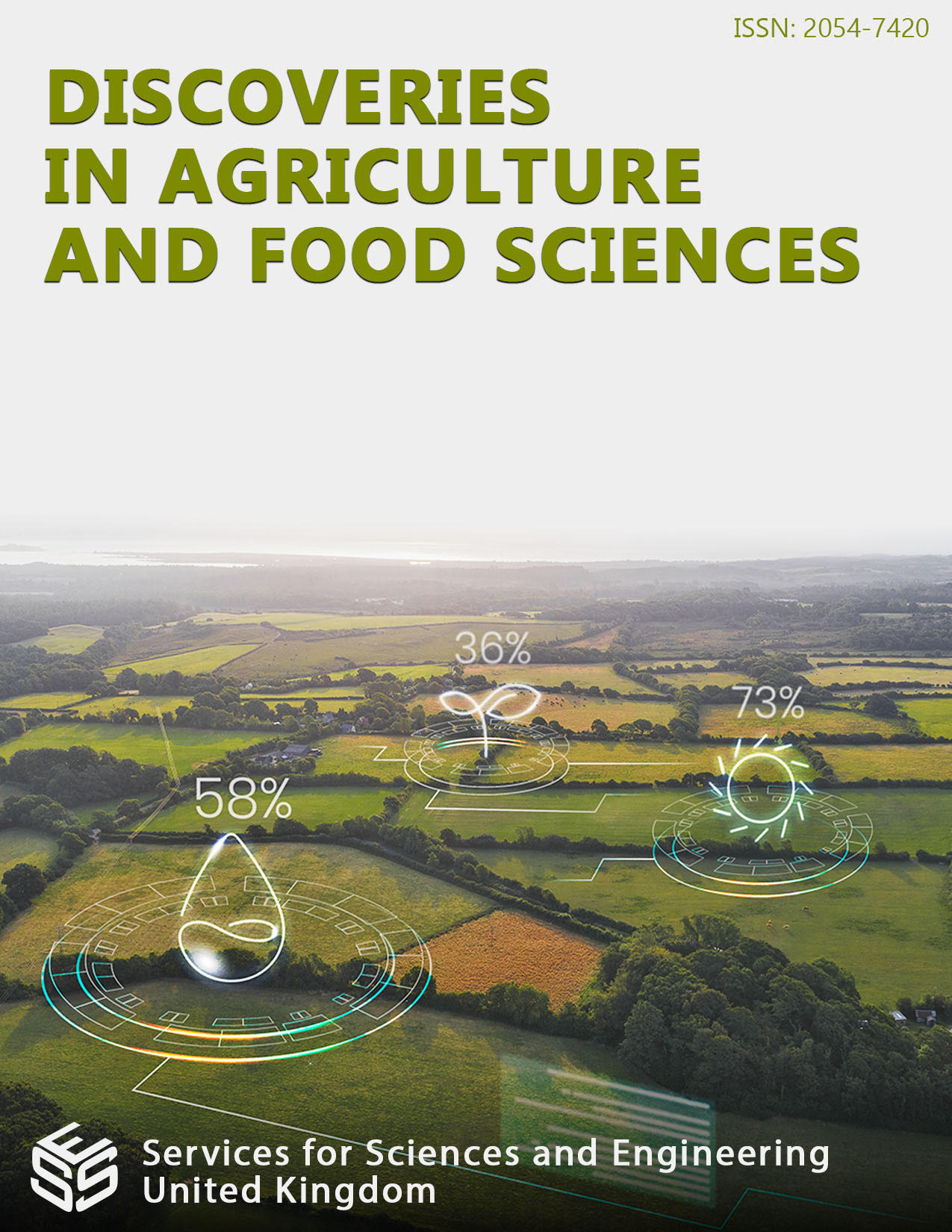Environmental Sustainability and Livelihood Development in Nigerian Fish Farming: A Critical Review of Existing Literature
DOI:
https://doi.org/10.14738/tnc.1303.18877Abstract
Environmental sustainability has emerged as a central concern in the global aquaculture industry, particularly in developing countries like Nigeria where fish farming plays a critical role in food security and rural livelihoods. This review critically examines existing literature on the interrelationship between environmental sustainability practices and livelihood development in Nigeria’s fish farming sector. It explores how environmentally responsible aquaculture techniques—such as water quality management, waste control, biodiversity conservation, and eco-friendly feed use—impact income generation, employment opportunities, and resilience among fish farmers. Despite the sector’s growing contribution to the national economy, unsustainable practices remain widespread, leading to ecosystem degradation and productivity decline. The review identifies key drivers and barriers to sustainable fish farming and highlights the policy, institutional, and technological interventions needed to foster eco-conscious aquaculture. It also assesses how the adoption of sustainable methods can strengthen the socio-economic wellbeing of farmers and contribute to long-term rural development. Findings suggest that while awareness of sustainability principles is increasing, their adoption remains limited due to financial constraints, knowledge gaps, and weak policy enforcement. The review calls for more integrated approaches that align environmental goals with livelihood improvement strategies. This study contributes to ongoing discourse on sustainable food systems and offers recommendations for policy, research, and practice aimed at achieving a balance between ecological integrity and socio-economic development in Nigeria’s aquaculture sector.
Downloads
Published
How to Cite
Issue
Section
License
Copyright (c) 2025 Akinyemi Mudashiru

This work is licensed under a Creative Commons Attribution 4.0 International License.






